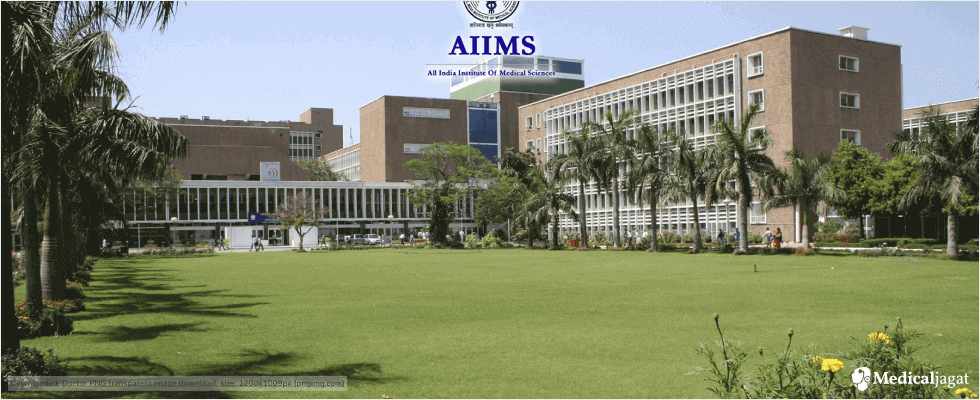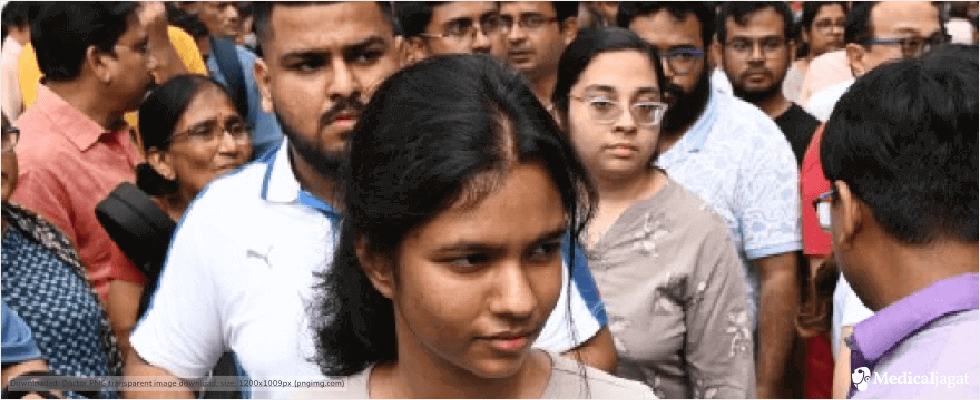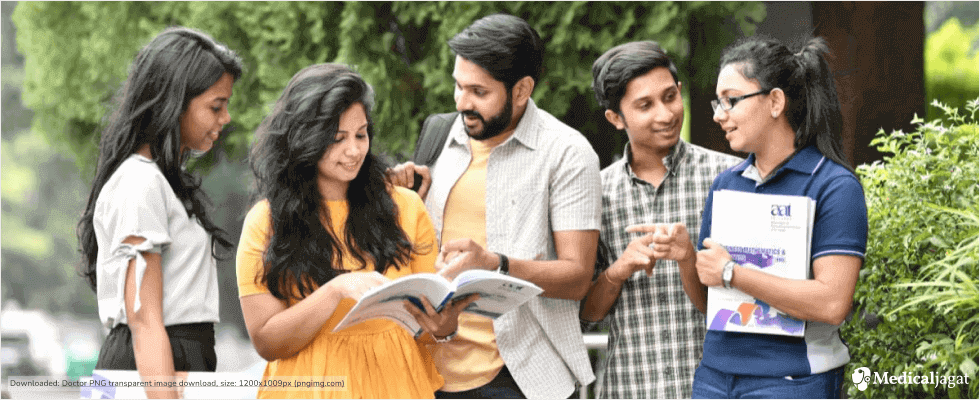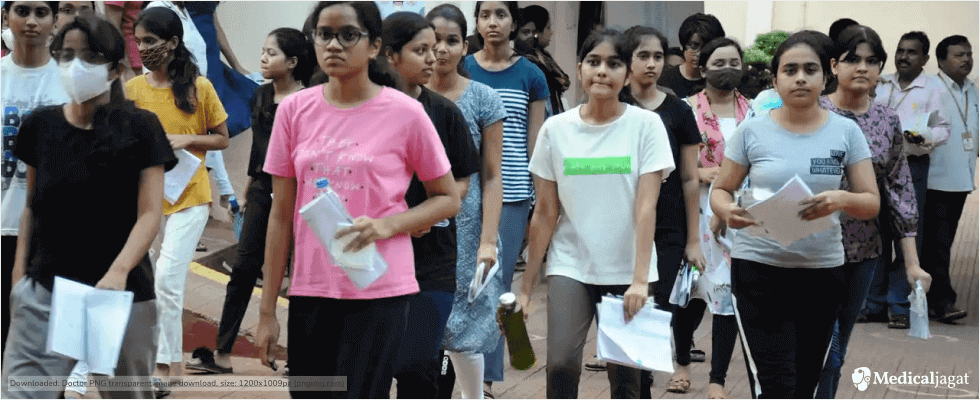
Experts warn that the demand for a decentralized medical entrance test may lead to the same old problems. The Supreme Court has directed the NTA to revamp how it conducts NEET, reigniting calls to revert to the old system. However, some experts express concerns about states' ability to manage logistics and enforce the domicile rule effectively.
New Delhi: The Supreme Court has instructed the NTA to revamp how it conducts NEET, sparking renewed calls to return to the old system. "Some experts express concerns that states might face difficulties managing logistics and adhering to the domicile rule. According to the NEET domicile rule, 85 percent of medical seats are designated for students who are state residents and have completed their Class 12 education within the state. The remaining 15 percent are reserved for candidates from other states."In response to the NEET controversy, Tamil Nadu, Karnataka, and West Bengal have passed resolutions in their assemblies to withdraw from the National Eligibility-cum-Entrance Test (NEET) and administer their own medical entrance exams.". This proposal also surfaced in the Lok Sabha, where DMK member Rani Srikumar criticized NEET, arguing that it has crushed the dreams of many students.
During a Lok Sabha debate on August 2, Srikumar mentioned that the Tamil Nadu Assembly had passed a law exempting the state from NEET, which the Union government did not forward to the President for approval. She argued, "Let the state governments decide the process of medical entrance."
This idea isn’t new. Before NEET’s introduction in 2016, various entities, including states, conducted medical entrance exams. However, some experts caution that reverting to the old system might revive the same problems that led to its discontinuation.
Former AIIMS director Dr. M.C. Mishra stated that while there is nothing wrong with states asserting their right to conduct exams, they must manage the logistics, which they previously failed to do.
"It’s acceptable if some states choose to conduct their own medical entrance exams." This was common in the past. During my student years, exams were state-level, followed by the Combined Pre-Medical Test (CPMT) and then NEET," he said.
Dr. Mishra, a laparoscopic surgeon, emphasized that if states receive exemptions, they must ensure that NEET qualifiers gain admission to the 15 percent of seats reserved for the all-India quota, in line with the NEET domicile rule. "They need to consider that. The functionality and logistics must be carefully planned," he added.
However, Dr. Mishra expressed reservations, stating, "I don't think this should be encouraged. What if two states hold their exams on the same date? Aspirants can only appear in one place at a time. The focus should be on making NEET airtight and conducting it online."
He praised NEET as a valuable tool for north-south integration and a significant improvement over the previous fragmented system. "Despite the criticism, states have struggled to conduct their entrance exams effectively... There have been fraudulent practices in the past as well. At least with NEET, there’s no government intervention," he noted.
Before NEET’s introduction in 2016, via an amendment to the Indian Medical Council Act, several institutions, along with the governments of Andhra Pradesh and Tamil Nadu, challenged it in court. However, the Supreme Court dismissed these objections in 2013.
Girish Tyagi, Secretary and Registrar of the Delhi Medical Council, expressed concerns about potential manipulation at the state level and the possibility of compromising the exam’s uniformity. "A central exam is more uniform, and that standard must be maintained. Additionally, NEET is conducted in multiple languages, and it would be challenging for states to ensure uniformity in question papers, which could impact the quality of doctors," said Tyagi, a urologist.
Kapil Gupta, the founder of NEETPrep.com, an online coaching portal for medical entrance exam aspirants, argued that Tamil Nadu's desire to revert to the old system isn’t new. He described the state’s demand as "disingenuous" and even a "gimmick."
"This approach has been consistently pursued by the Tamil Nadu government since 2016. This year, there’s been more noise... West Bengal and Karnataka have also joined the bandwagon. To be exempted from NEET, they need the president’s approval, and their request is rejected every year. They’re misleading people," Gupta said.
Instead of dismantling NEET, Gupta suggested maintaining its integrity by implementing a two-tier system. This approach would involve conducting preliminary tests at the state level, followed by a central exam for the shortlisted candidates. "This approach would distribute the burden of managing the exam, and a simple decentralization might solve the problem," he added.
The NEET-UG exam , administered by the National Testing Agency (NTA), is essential for admission to MBBS, BDS, AYUSH, and other related courses in government and private institutions across India. This year, the exam took place on May 5 across 4,750 centers, with around 24 lakh candidates appearing. The results, announced on June 4, sparked controversy due to the unusually high number of toppers from a few centers and allegations of paper leaks.
In response, a central committee, led by former ISRO chief K. Radhakrishnan, was formed at the Supreme Court’s order to implement reforms in the exam’s conduct.














